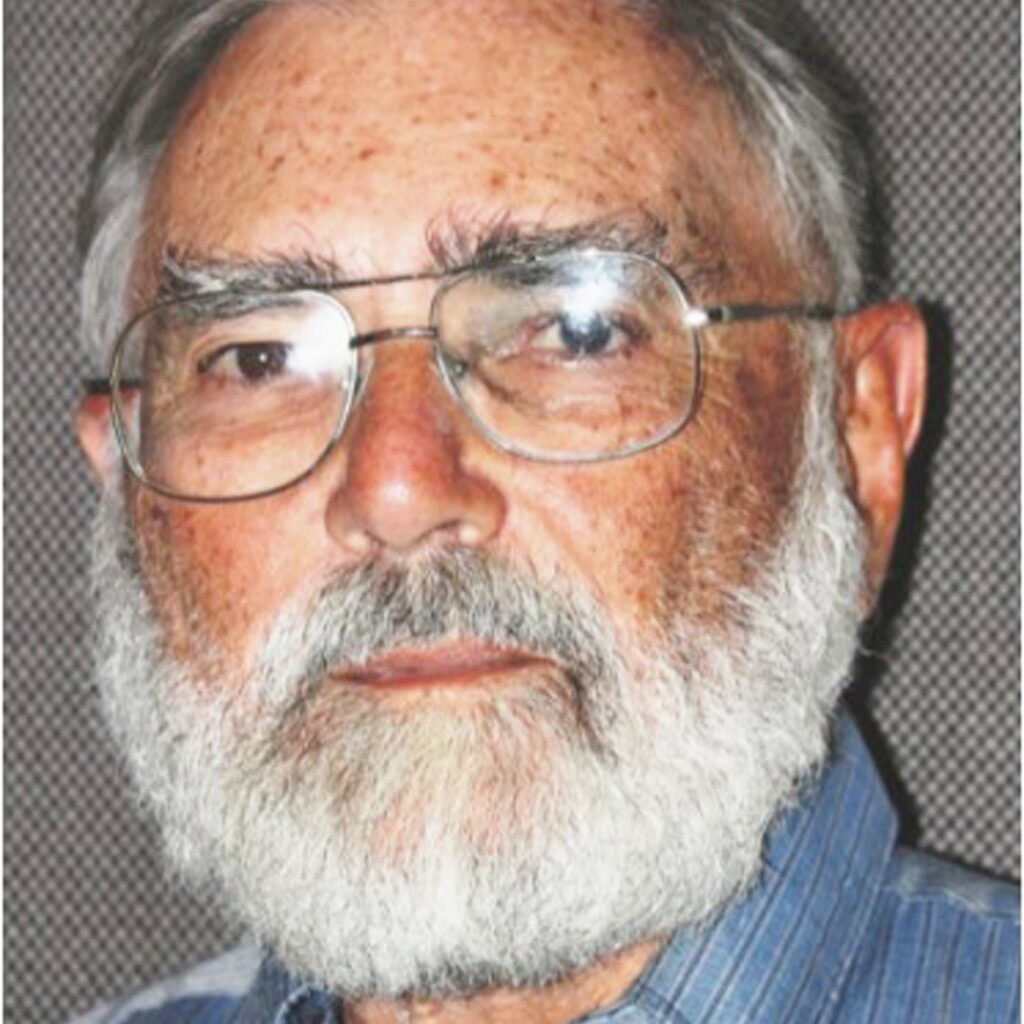As I declared in a recent letter in the San Diego Union-Tribune on Oct.3, gerrymandering stinks! It is an obvious method of getting around the intended processes for electing officials and often allows political maneuvering to override the will of the voters.
It certainly is not new to 2025.
But it has risen to a new level of abuse and has instigated a series of tit-for-tat reprisals. California has been drawn into the brouhaha, asking voters to approve a response to a move by Texas to gain five GOP congressional seats by doing a mid-census gerrymandered redistricting.
It is understandable that California Republicans will vote against Prop. 50, as it is designed to increase the number of Democrats in the state’s congressional delegation. But how should Democrats and independents respond? Should they voice their displeasure with the concept of gerrymandering? Or should they recognize that such gerrymandering is the established norm and proclaim their revulsion with the move by Texas to raise gerrymandering to a new level?
I will hold my nose and vote in favor of Prop. 50. I’ll explain this choice following the historical summary below.
Background:
Over two centuries ago, in 1812, Massachusetts Gov. Elbridge Gerry approved a state Senate district shaped like a salamander, to benefit his party. Thus, the term “gerrymandering” was added to the lexicon.
In 1842, the Apportionment Act set up the rules for single-member districts that we still follow today. In 1929, the size of the House of Representatives was frozen at 435, thereby creating the necessity for each state to do redistricting, after every new census changed the number of districts allocated to each state.
Traditionally, redistricting was managed by state legislatures and partisan shaping of election districts was the norm. In fact, after the 2010 census, the GOP established the Redistricting Majority Project, which led to substantial gains in GOP seats.
Many states rallied against this blatant gerrymandering by establishing independent redistricting panels. In 2010, California voters approved turning this responsibility over to an independent state Citizens Redistricting Commission.
Historically, redistricting actions were challenged in state courts, with varying results. When SCOTUS was asked to step in (Rucho v. Common Cause – 2019) they voted 5-4 that this was political in nature and not for the federal courts to decide. The vote was along party lines, with the right-leaning justices in the majority.
In preparation for the upcoming 2026 elections, redistricting has taken on a new face. Several states have been considering non-essential redistricting without waiting for the next (2030) census. The Texas Legislature, in August, passed a bill to redraw their maps for 2026, with the stated intention of gaining as much as five GOP congressional seats.
Other states, including Florida, Ohio, Missouri, and Indiana have discussed redrawing their district maps.
In response, especially to the action taken by Texas, California is asking voters to approve new legally-drawn district maps that would be used, starting with the 2026 congressional districts. The state would revert to the independent commission following the 2030 census. A YES vote on Proposition 50 would approve this action, which is aimed at gaining as many of five Democratic seats in the House of Representatives.
How should California voters act on Prop. 50?
Let’s be clear on what this is not. Clearly, this is not a vote to support or repeal gerrymandering. It’s been going on for over two centuries and has been embraced by both major parties, with the GOP achieving the greatest advantage in recent redistricting actions.
This is worth repeating. Prop. 50 is not a vote for or against gerrymandering.
It does not change any state or local districts — just the ones in Washington. It does not change how candidates get chosen or elected. Each person’s vote would still count.
What Prop. 50 does is to temporarily release California from its chosen commitment to have the independent commission determine the district boundaries if it decides to do a mid-census redistricting. And it clearly is intended to increase the number of Democratic seats in the House, to offset the move by Texas.
So the question comes down to which biblical guidance we choose to follow. Will it be “An eye for an eye, a tooth for a tooth,” signifying a like response to an injury. Or will it be “Turn the other cheek,” deciding that California should not participate in the gerrymandering game and accept the damage brought upon us by people with lesser standards?
The current political climate is a disaster. The rise in extremism, in both parties, is not good for most of the nation. But rather than seek out ways to come together, we are hell-bent on seeking ways to drive us even further apart.
Prop. 50 is aimed at fending off divisive efforts by the GOP to continue to dominate both chambers of Congress. For the sake of having a split government, I have no qualms whatsoever in voting YES on Prop. 50.
A Rancho Bernardo resident, Levine is a retired project management consultant and the author of three books on the subject. Write to Levine at levine-rbnews@earthlink.net

